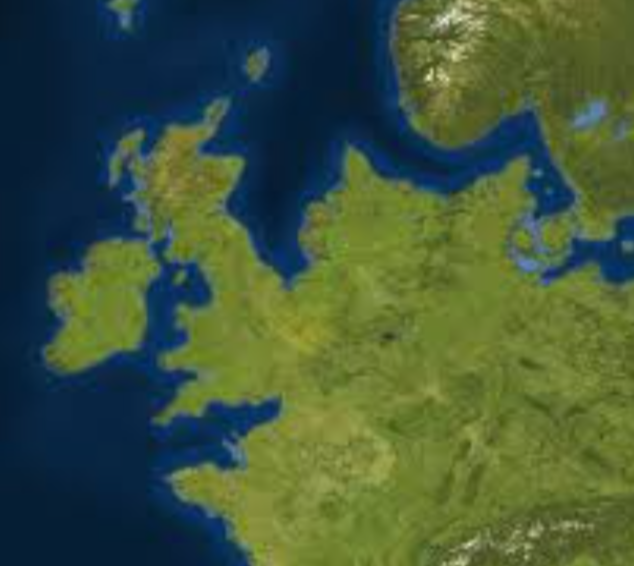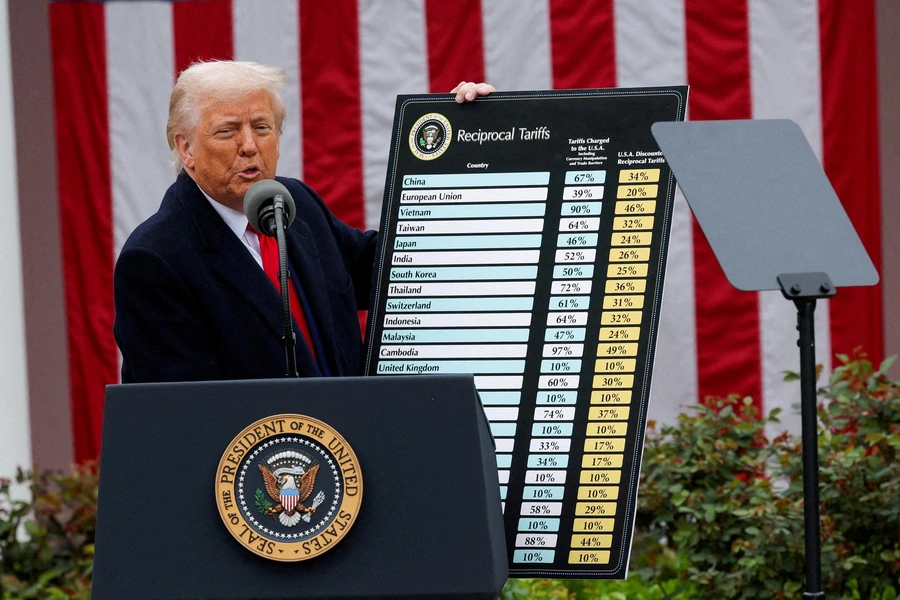City of Greensboro preserving African American history in a unique way
The City of Greensboro along with colleges and universities in the Triad, are creating a way to preserve African American history. Dr. Deborah Barnes is a participant in the Conversations in Black: African American History and Heritage Project. She’s scanning and digitizing her family’s special moments. “I have lots of pictures. I’ve always loved photographs,” Dr. Barnes said. “In this process, I have learned so much about my family. To have pictures and documents that indicate now brings it alive in a whole different way.” David Gwynn is the coordinator of the project. The associate professor at UNCG said the goal is to diversify digital collections. Gwynn said moving toward technology to hold on to important memories is key. “It’s important because that’s the way people access material now. As far as library collections in general, people aren’t looking at the books so much anymore,” Gwynn said.
Biden administration imposes first-ever national drinking water limits on toxic PFAS
The Biden administration on Wednesday finalized strict limits on certain so-called “forever chemicals” in drinking water that will require utilities to reduce them to the lowest level they can be reliably measured. Officials say this will reduce exposure for 100 million people and help prevent thousands of illnesses, including cancers. The rule is the first national drinking water limit on toxic PFAS, or perfluoroalkyl and polyfluoroalkyl substances, which are widespread and long lasting in the environment. Health advocates praised the Environmental Protection Agency for not backing away from tough limits the agency proposed last year. But water utilities took issue with the rule, saying treatment systems are expensive to install and that customers will end up paying more for water. Water providers are entering a new era with significant additional health standards that the EPA says will make tap water safer for millions of consumers — a Biden administration priority. The agency has also proposed forcing utilities to remove dangerous lead pipes.
US restricts travel for diplomats in Israel amid fears of Iran attack
The US embassy said staff had been told not to travel outside the greater Jerusalem, Tel Aviv or Beersheba areas “out of an abundance of caution”. Iran has vowed to retaliate, blaming Israel for a strike on its consulate in Syria 11 days ago, killing 13 people. One unnamed official said the attack could include more than 100 drones, dozens of cruise missiles and perhaps ballistic missiles as well and will be aimed at military targets in Israel. Israel has not claimed responsibility for the consulate attack on 1 April but is widely considered to have been behind it. Iran backs Hamas, the armed Palestinian group fighting Israel in Gaza, as well as various proxy groups throughout the region, including some – such as Hezbollah in Lebanon – that frequently carry out strikes against the Israelis. Israel says that of 130 hostages still in Gaza, at least 34 are dead. More than 33,000 Gazans, the majority of them civilians, have been killed during Israel’s subsequent offensive in Gaza, the Hamas-run health ministry says.















